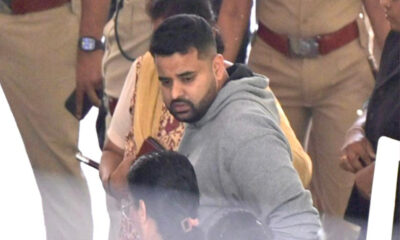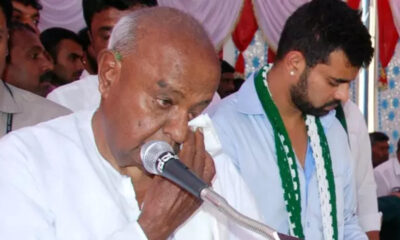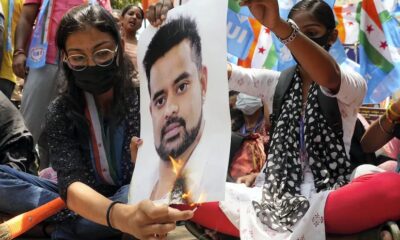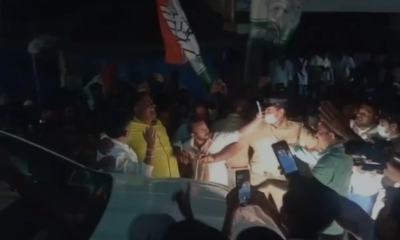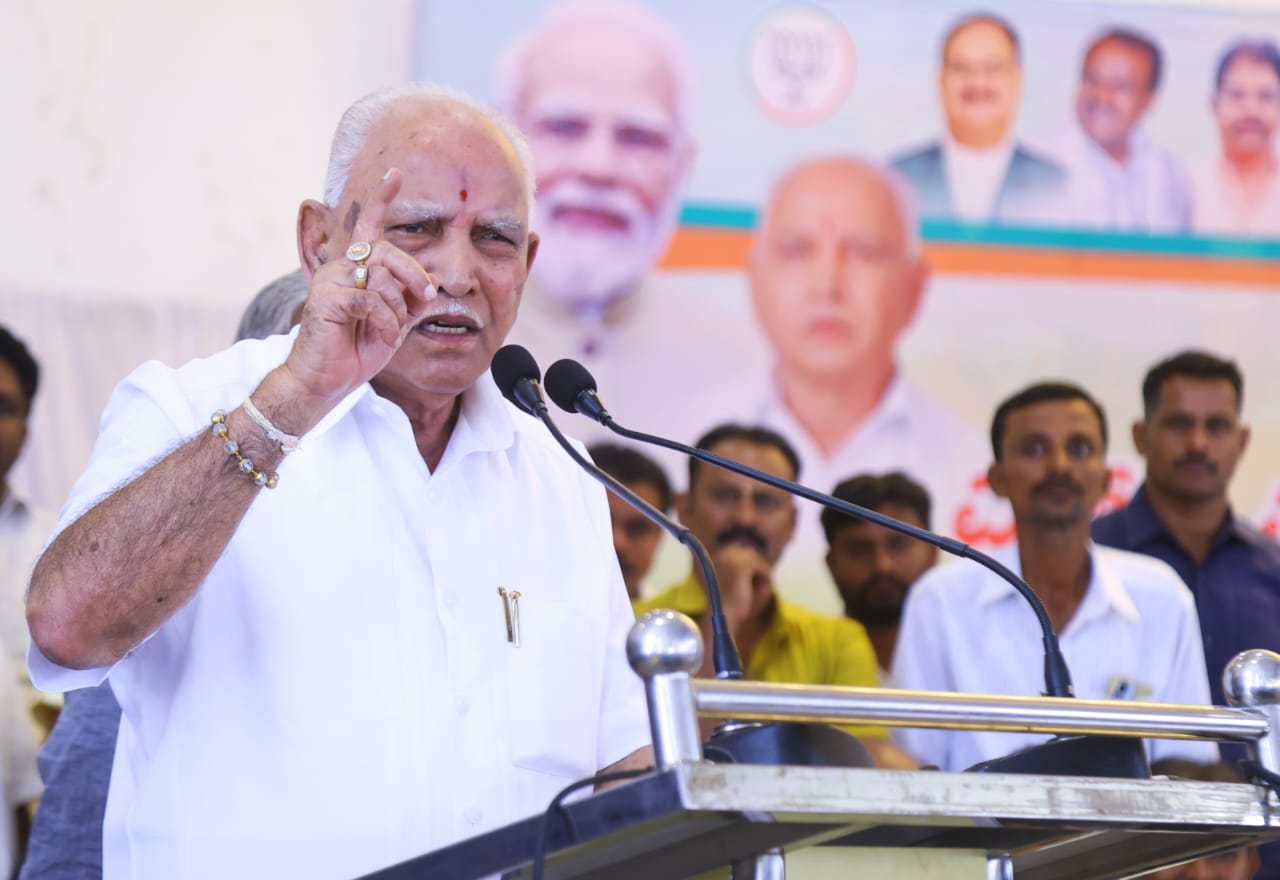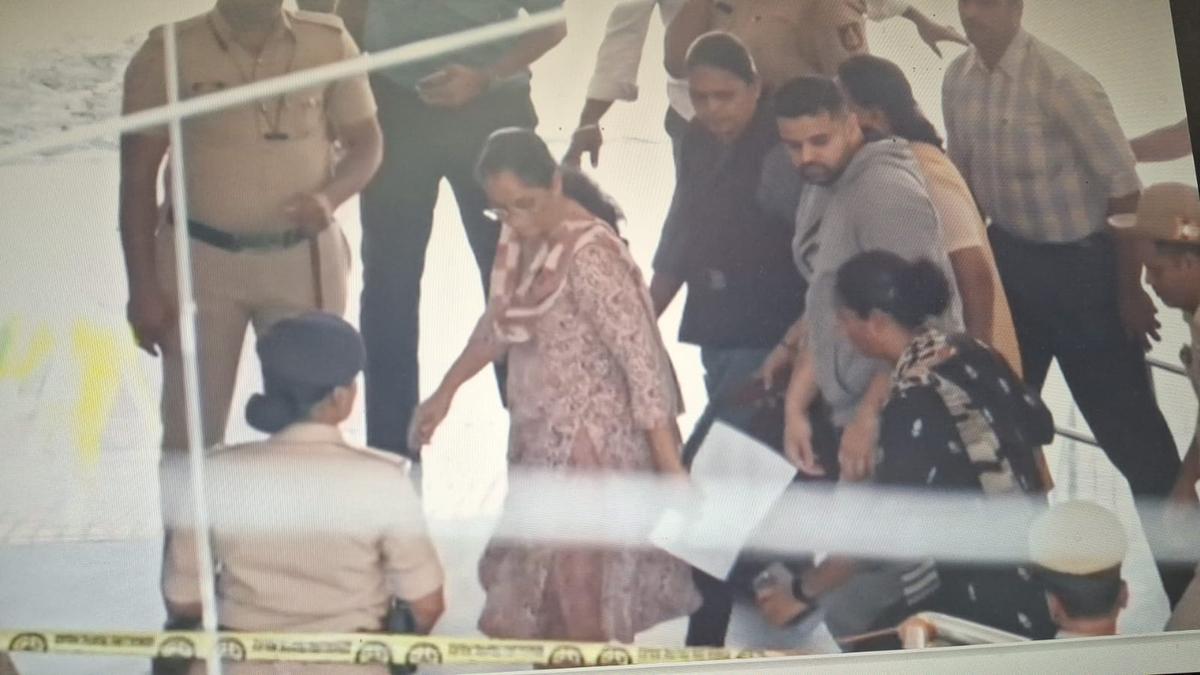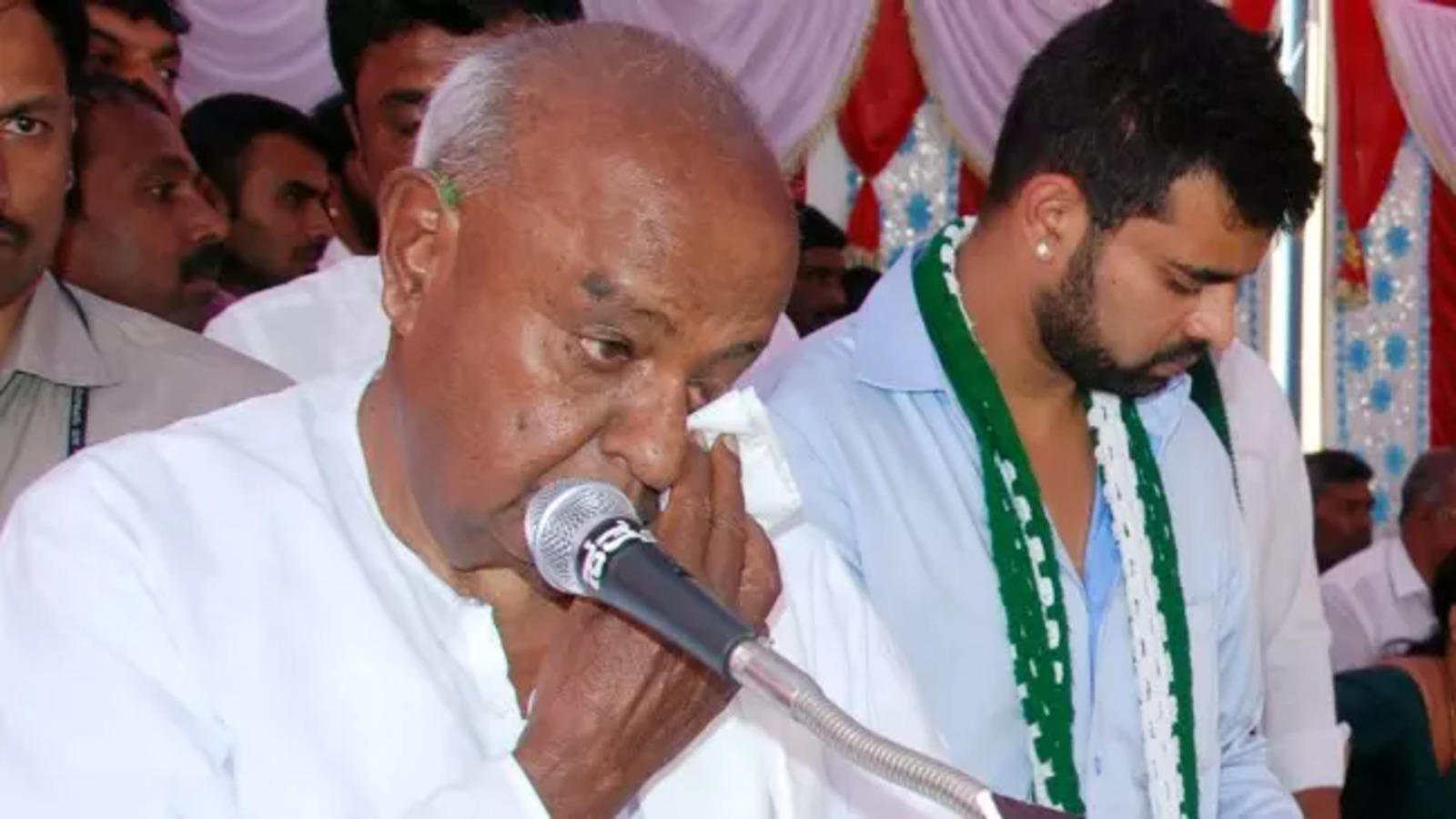Bengaluru
Karnataka Sex Scandal: Kumaraswamy Accuses Shivakumar, SIT Probe Initiated
A political feud erupts as H D Kumaraswamy accuses D K Shivakumar of orchestrating a sex scandal involving Prajwal Revanna.
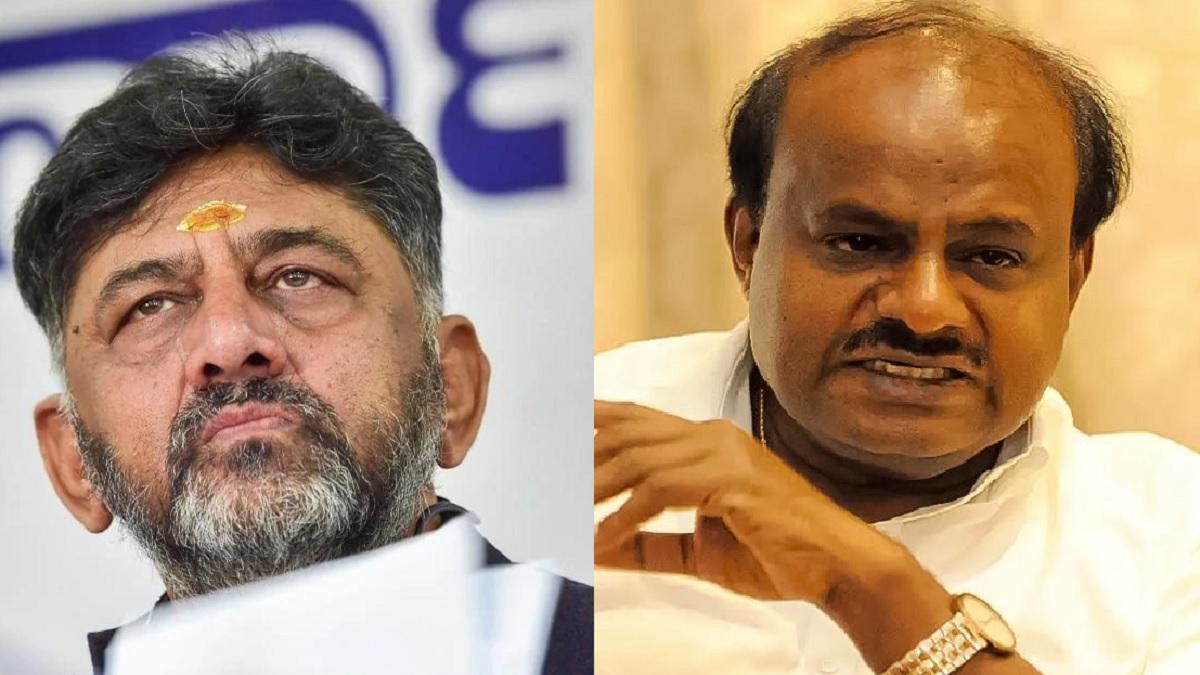
Karnataka
Karnataka CID Files Charge Sheet Against B S Yediyurappa in Molestation Case
Karnataka CID files charge sheet against former CM B S Yediyurappa in molestation case involving a minor, following a complaint by the victim’s mother.
india
Bengaluru Court Sends JD(S) MP Prajwal Revanna to SIT Custody Until June 6
Bengaluru court remands JD(S) MP Prajwal Revanna to SIT’s custody until June 6 over rape and sexual harassment allegations in Hassan sex abuse case.
Karnataka
HD Deve Gowda Warns Grandson Prajwal Revanna to Return Amid SIT Investigation
Former PM HD Deve Gowda demands his grandson, MP Prajwal Revanna, wanted by SIT over sexual abuse charges, return from abroad to face justice.
-

 india1 year ago
india1 year ago“Major Crash of Sukhoi Su-30 and Mirage 2000 Fighter Jets in Madhya Pradesh”
-

 Sports1 year ago
Sports1 year agoWFI meetings on April 16, elections likely to be discussed
-

 india1 year ago
india1 year ago“AIMIM to Contest 50 Seats in Upcoming Telangana Assembly Elections”
-

 Entertainment5 months ago
Entertainment5 months agoAnant Ambani: Controversy at the Ambani Pre-Wedding Bash
-

 Entertainment1 year ago
Entertainment1 year agoRajinikanth is Moideen Bhai in ‘Lal Salaam’
-

 Karnataka1 year ago
Karnataka1 year agoPM Modi’s visit to Bandipur on April 9: Safari, home stay, resort closed from tomorrow
-

 india12 months ago
india12 months agoHaryana Violence Erupts During Religious Procession, Leaving Several Injured
-

 Karnataka1 year ago
Karnataka1 year agoLaxman Savadi Joins Congress After Denied BJP Ticket

